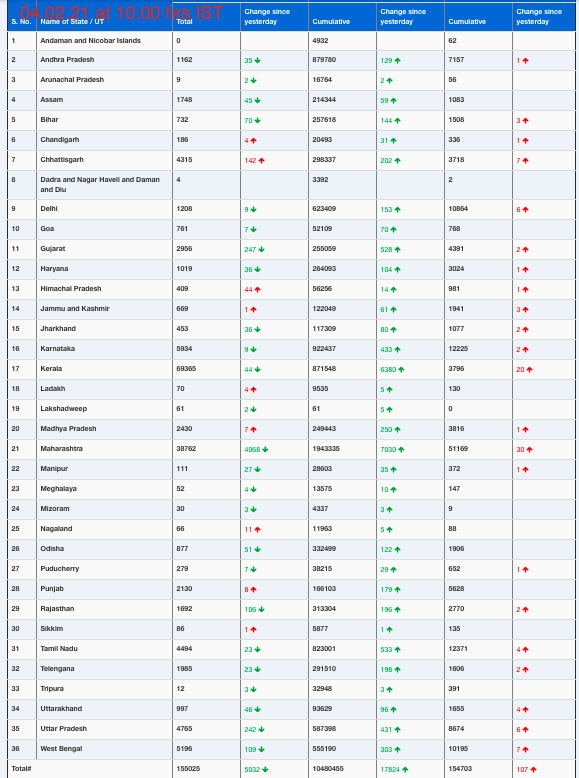So on World Cancer Day, WHO will host the first of a series of consultations in order to establish a new global breast cancer initiative, which will launch later in 2021. This collaborative effort between WHO, IARC, the International Atomic Energy Agency and other multi-sectoral partners, will reduce deaths from breast cancer by promoting breast health, improving timely cancer detection and ensuring access to quality care.
WHO and the cancer community are responding with renewed urgency to address breast cancer and to respond to the growing cancer burden globally that is straining individuals, communities and health systems.
In the past two decades, the overall number of people diagnosed with cancer nearly doubled, from an estimated 10 million in 2000 to 19.3 million in 2020. Today, one in 5 people worldwide will develop cancer during their lifetime. Projections suggest that the number of people being diagnosed with cancer will increase still further in the coming years, and will be nearly 50% higher in 2040 than in 2020.
The number of deaths from cancer has also increased, from 6.2 million in 2000 to 10 million in 2020. More than one out of every six deaths is due to cancer.
While changes in lifestyle, such as unhealthy diets, insufficient physical activity, use of tobacco and harmful use of alcohol, have all contributed to the increasing cancer burden, a significant proportion can also be attributed to increasing longevity, as the risk of developing cancer increases with age. This reinforces the need to invest in both cancer prevention and cancer control, focusing on actionable cancers like breast, cervical and childhood cancers.











